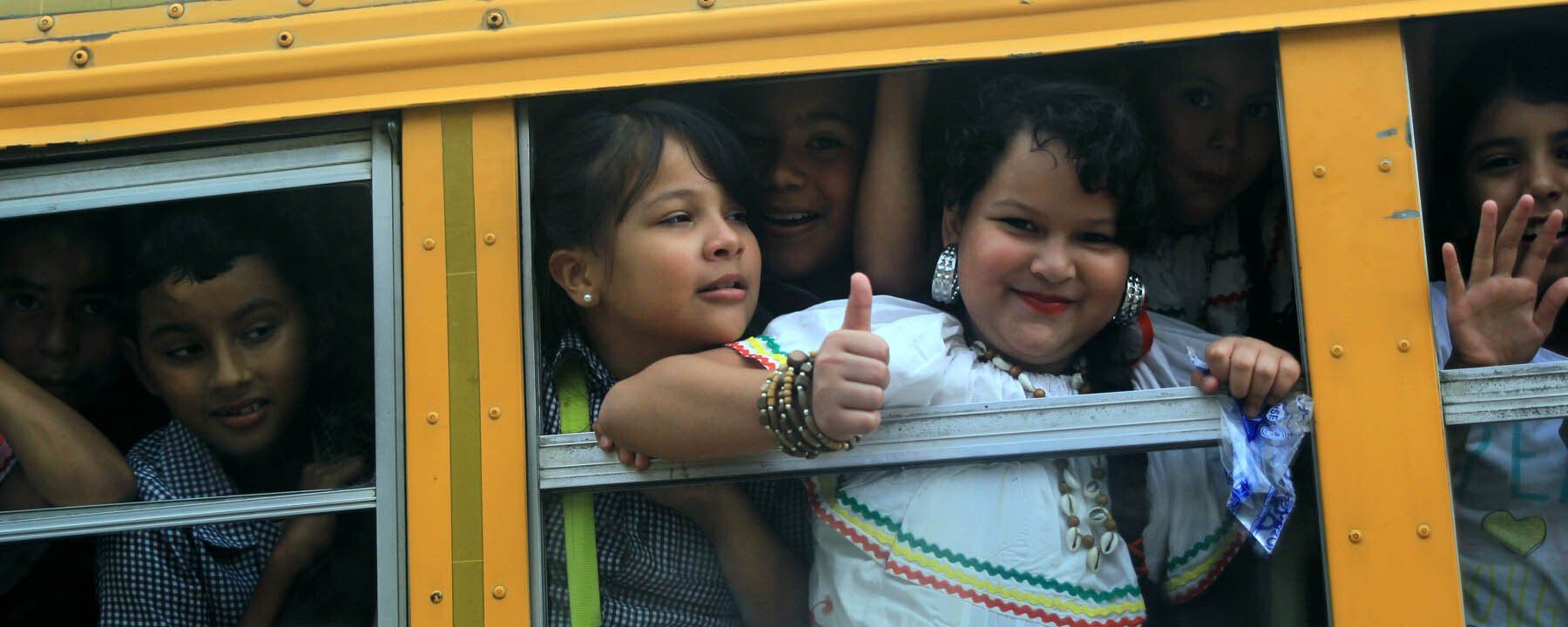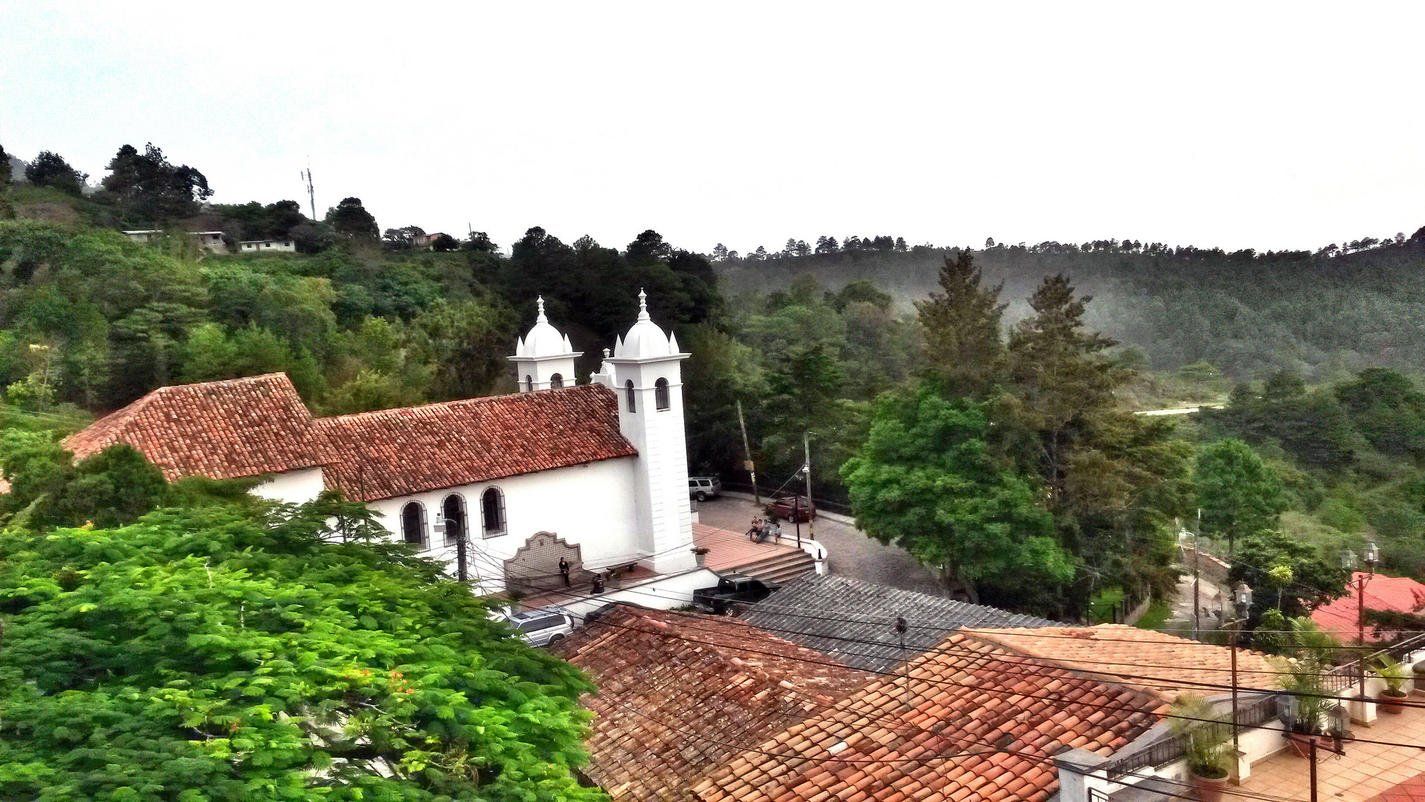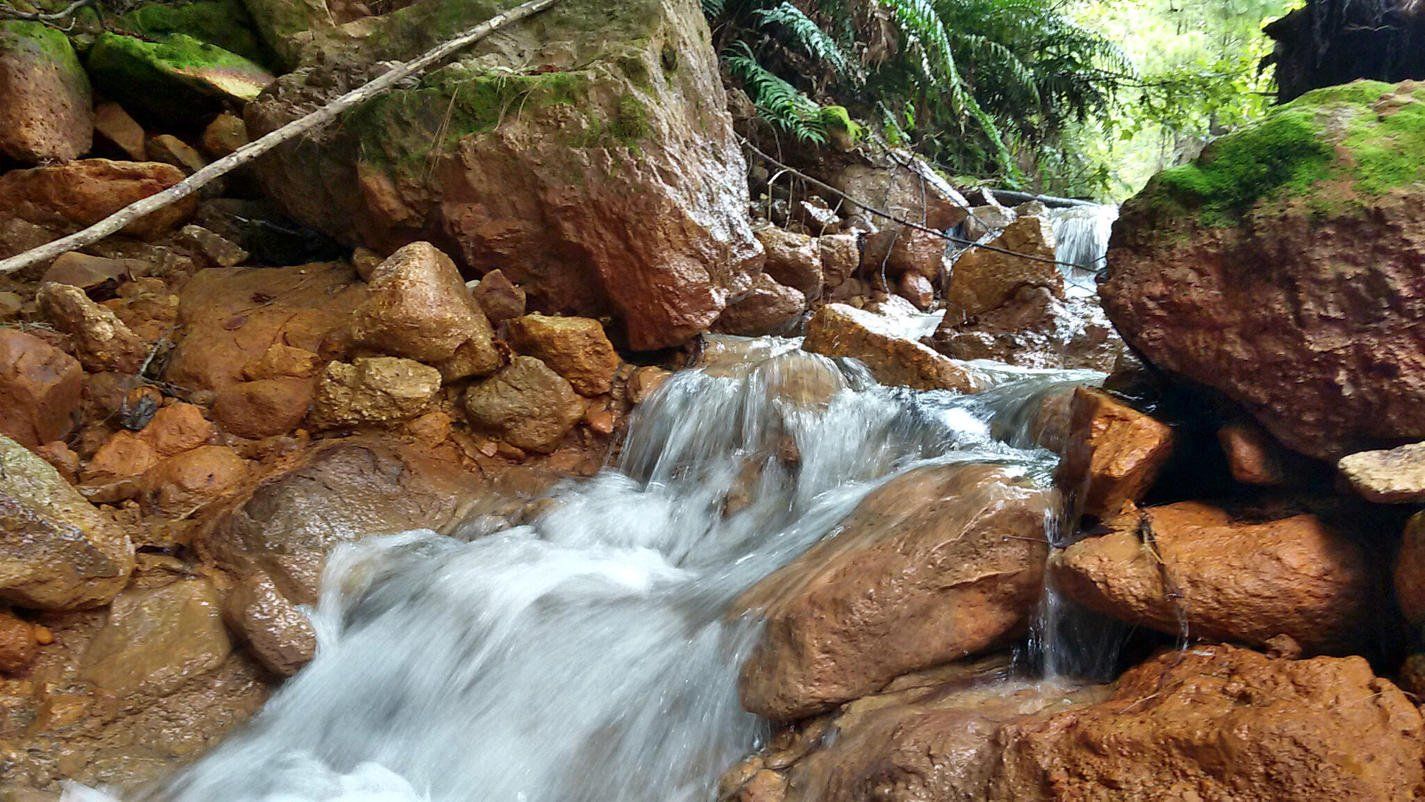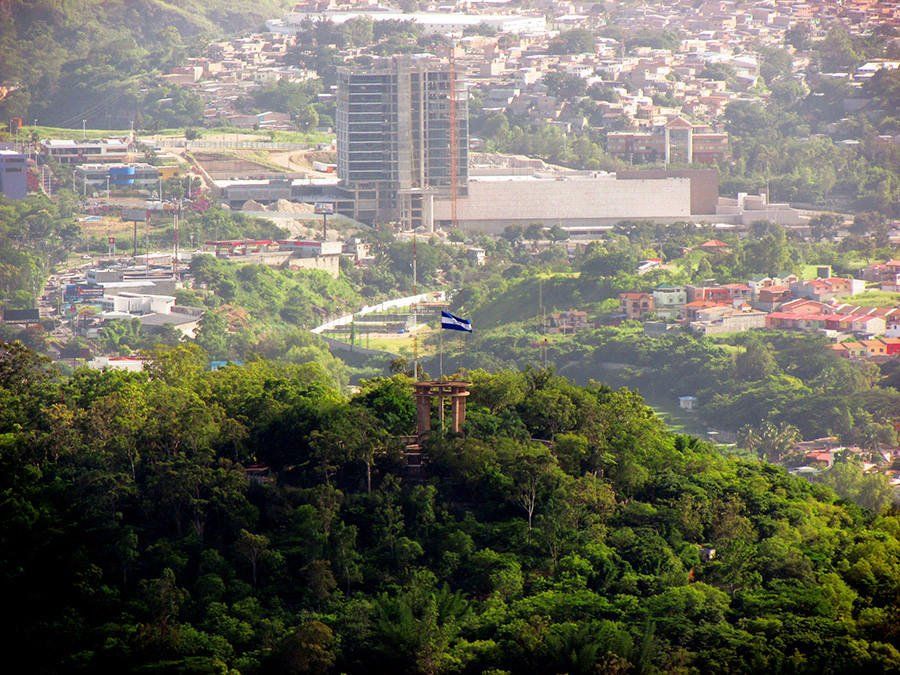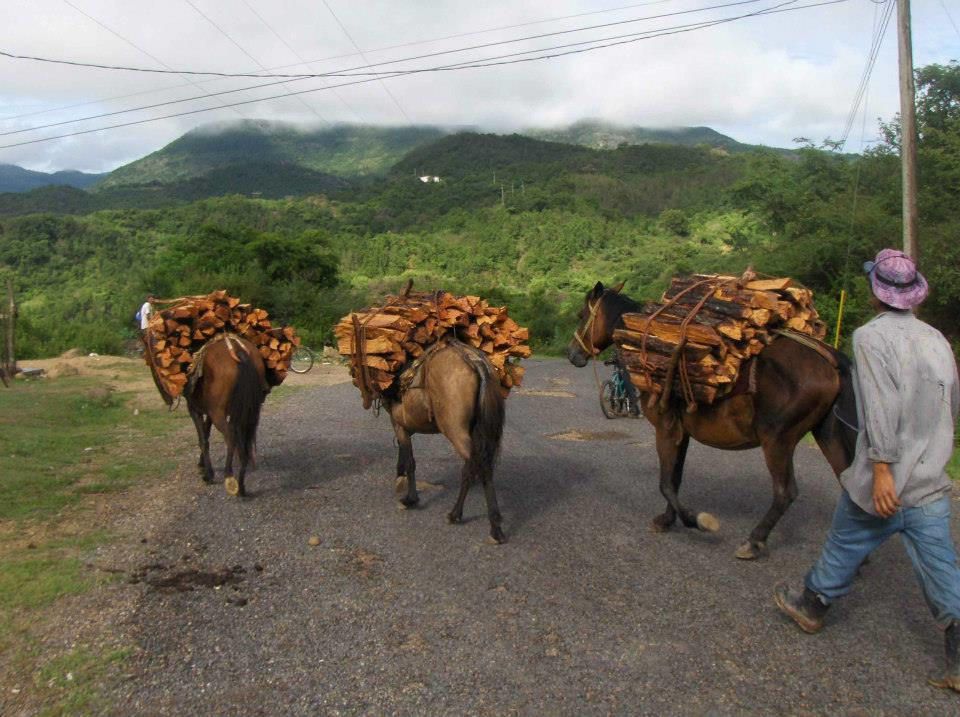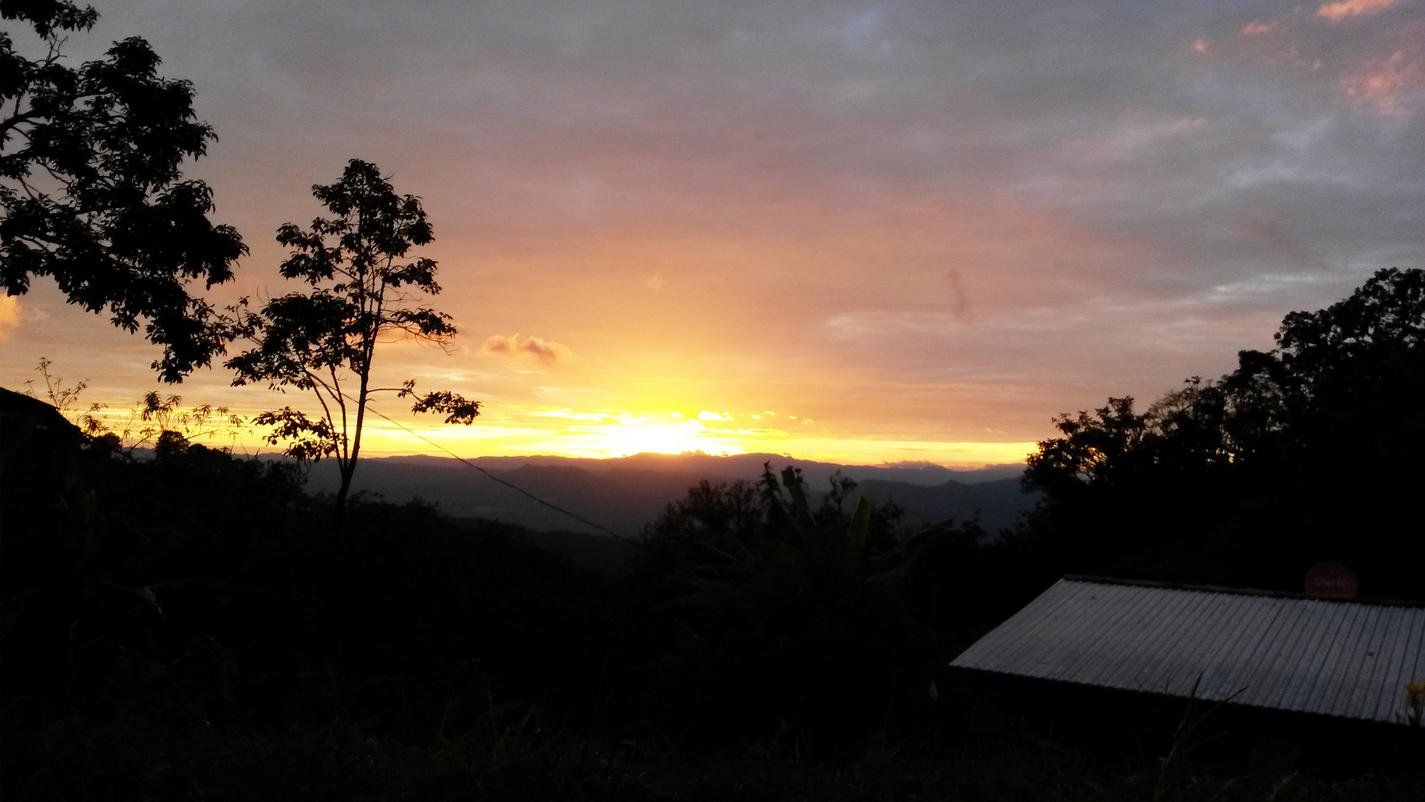Honduras is a beautiful Central American country of eight million people. It makes international news for its high rates of poverty, violence, and corruption, but it’s also known for coffee and coral reefs, macaws and Mayan ruins, horchata and gracious hospitality.
ASJ has worked in Honduras since 1998, and nearly all our staff in Honduras were born in the country. We love Honduras, despite its problems, and as part of our mission to share our vision of justice with people around the world, we enjoy connecting with short-term missions or volunteer groups to prepare them to more deeply engage with the country.
We’d love to share more about ASJ’s mission or our different projects in violence and corruption. If you’ll be in the area, we would also love to connect with you in person – our offices are a 20-minute drive from the Tegucigalpa airport.
We hope this information helps you to begin your trip with a deeper understanding of the country where you will be staying. May your hearts be touched by the need for justice and the possibility of participating in it!
History of Honduras
On his last journey to the “New World” in 1502, Christopher Columbus landed on the northern coast of Honduras, naming it for the Spanish word for “depths”. The country was already home to diverse indigenous cultures, including Maya and Lenca, who fiercely resisted the Spanish.
The Lenca leader Lempira (for whom Honduras’ currency is named) famously led the resistance until he was murdered, and the country succumbed to colonial rule.
On September 15th, 1821, Honduras gained independence from Spain, first becoming part of Mexico, and then joining the short-lived Central American Federation. Honduras finally became its own independent country in 1838.
Since its independence, Honduras has suffered close to 300 internal rebellions, civil wars, and changes of government. In the early 1900s, Honduras’s political stability was hampered by U.S. banana companies (Standard Fruit, Cuyamel Fruit and United Fruit – the predecessors of Dole and Chiquita), who then wielded enough economic power in Honduras to manipulate political factions as a part of their business rivalry.
The 1980s saw violent political turmoil in much of Central America, especially Nicaragua, El Salvador and Guatemala, which all share borders with Honduras. U.S. pressure removed the latest military dictatorship in Honduras and put into place the democratic government that became the key U.S. ally in the region.
The U.S. was able to use Honduras as a military base for supporting the Contras in Nicaragua (in what later became the infamous Iran-Contra Affair) and for training the Salvadoran army in anti-insurgency warfare. U.S. military involvement and economic aid waned in Honduras after 1990 when Nicaragua’s revolutionary party lost the presidential election and the Contras left Honduras, but has recently increased as Honduras became the focal point in the U.S. war on drugs.
Since then, Honduras’s government has remained relatively stable – with the notable exception of the 2009 “coup d’état” (Golpe de Estado in Spanish), in which Congress voted to remove a democratically-elected leader through military force. The ousted leader has since returned to Honduras, but the opposing party has remained in power ever since.
Currently, Honduras struggles with one of the highest homicide rates in the world, caused in part by growing gang presence and a drug trafficking route directly through the country. In addition, a crisis of corruption and impunity threaten economic development, trust in government, individual opportunities, and basic security. Recently, security issues have driven an unprecedented number of migrants to the United States, which has prompted renewed attention from the U.S. to the Central American state.
With a per capita GDP of only $2,361 in 2016, Honduras is the third poorest country in the Western Hemisphere, and nearly two-thirds of its population live in poverty.
Honduras has rich resources in forests, marine areas and minerals, though these are often poorly utilized and threatened by extensive deforestation and a lack of effective government conservation.
Honduras’s economy is largely based on agriculture. Coffee, bananas and cultivated shrimp are important exports. Maquilas (garment factories) represent a significant portion of manufacturing output and are an important source of employment.
While the official unemployment rate stands around 5%, underemployment is pervasive – in fact, government statistics report that 46.65% of the population is underemployed. Just over 39% of Honduran laborers work in either the service or agricultural sectors, while 20% work in manufacturing. Many Hondurans make their living in the informal sector, selling tortillas on the street, running neighborhood convenience stores from their home, or other small business initiatives that lack the stability of regular income.
Roman Catholicism is the historically dominant religion in Honduras, but protestant Christian denominations have seen a recent surge and now rival the Catholic Church’s influence. In a 2014 Pew Research Center survey, 46% of Hondurans identified as Catholic, 41% as Protestant or Evangelical, and 2% as another religion, including Judaism, Islam, or syncretistic native faiths. Ten per cent of Hondurans reported no religious affiliation (by comparison, 22.8% of people in the United States report no religious affiliation).
Honduran culture varies between rural and urban populations. Though the rural population is declining, it still makes up 46% of the population, many of whom have difficulty accessing infrastructure such as electricity, running water, or roads. Many rural Honduran farmers practice subsistence farming in the same way as they have for generations, though increasingly, droughts, diseases, and rising costs are forcing them to move to the cities. Honduras’ large cities host malls, restaurants, museums, and galleries, alongside a large population of urban poor for whom there are few, if any, social services.
Though it is sometimes overshadowed by violence and insecurity, Honduras has a wealth of natural and cultural beauty. Honduras has a variety of terrains from pristine beaches to pine forests. Tourists enjoy hiking in cloud forests, visiting ancient Mayan ruins, or snorkeling in the world’s second-largest coral reef. Artisans make beautiful crafts out of wood, leather, or clay.
Most Hondurans speak Spanish and are of mixed European and indigenous origin, though indigenous groups including the Garífuna, Miskitu, Lenca, Tolupan, and Maya Chorti retain their language and heritage.
Challenges in Honduras
Honduras struggles with high levels of violence and homicides; however, foreign tourists and visitors are rarely targeted as victims. As in many places in the world, those who most suffer from violence in Honduras are those who are already most on the margins of society – the poor, the homeless, or those living in communities run by gangs or drug traffickers.
There are several reasons for Honduras’ high levels of violence. First, approximately three or four metric tons of cocaine pass through Honduras every month, with a U.S. street value of over $500 million. These huge quantities of illicit funds and substances destabilize law enforcement and lead to military confrontations.
Second, powerful multinational gangs divide the country. Groups like MS-13 and Barrio 18 stake out territory, using it to extort “war tax” payments, peddle drugs, and enforce their authority with violence.
But drugs and gangs don’t prosper alone. An underlying cause for both is rampant impunity – in other words, the likelihood that someone can commit a crime and get away with it. In Honduras, just 24% of homicides will ever be investigated, and less than 13% will result in conviction. There are more than 180,000 backlogged cases in Honduran courts.
Honduras also suffers from high levels of corruption, which can be defined as the abuse of power for private gain. Corruption limits the effectiveness of crucial government services like health, education, roads and infrastructure, and public safety. It diverts public funds from the budgets of public services to the pockets of the powerful – and by stealing money that should have gone to medicine, preventative policing, or other essential services, corruption kills.
Another serious issue Honduras faces is the limitation of human rights. It is one of the most dangerous countries in the world to be an activist or journalist, and many people have lost their lives defending their causes. Prominent government officials, including police officers and military police, have been accused of links to gangs, organized crime, and teams of murderers-for-hire. Furthermore, Honduras has weak public systems of laws and government, meaning that it is difficult for law enforcement to respond to human rights abuses, violence, corruption, or other crimes.
Responding to these national, systemic challenges requires work on a national, systemic level. At the Association for a More Just Society, our mission is to make government systems work and be just, particularly for the most vulnerable in Honduran society who most suffer when they break down.
We work with the Department of Education, the Department of Health, and the Property Institute to improve essential public services. We also advocate in public security, and have played a crucial part in the purging of the formerly-corrupt Honduran police force.
There are many ways you can support our work for justice in Honduras. You can support us financially, through prayer, or through sharing our message in your own networks. Contact us for more information, to set up a presentation, or just to say hello!
Updated January 2019


